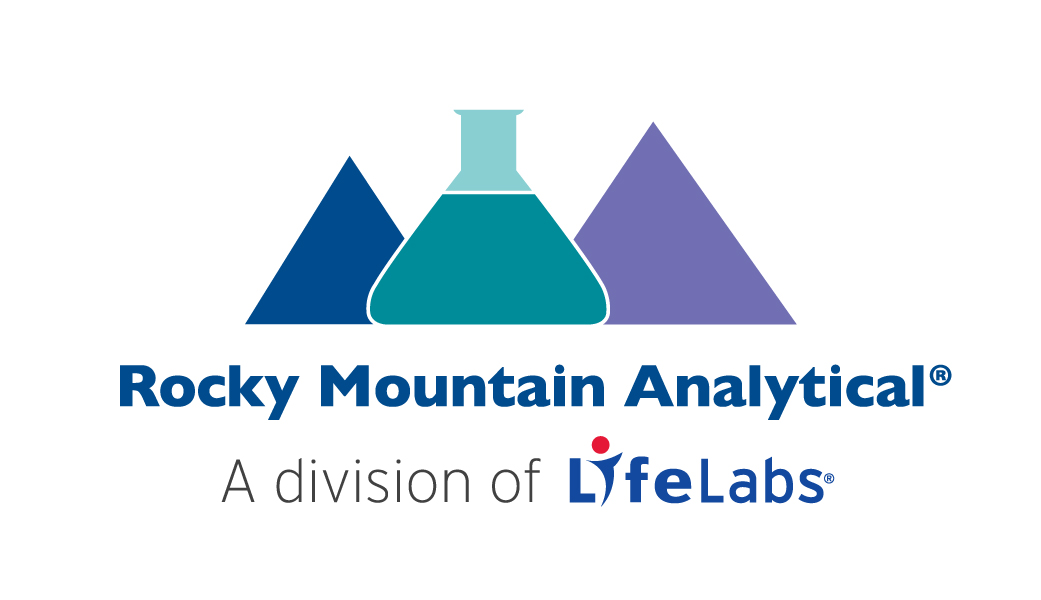Mental health is “a state of well-being in which every individual realizes his or her own potential, can cope with the normal stresses of life, can work productively and fruitfully, and is able to make a contribution to her or his community”[1]. It is estimated that mental health conditions cost the Canadian economy $51 billion dollars annually[2]. There are many connections between nutrition and mental health where a healthy diet may aid in promoting mental health and the prevention of disease.
The food we eat is associated with our mood, behaviour, and cognition. There are known brain functions that are impacted by major nutrients, vitamins and minerals. For instance, carbohydrates provide glucose, the preferred energy source for red blood cells and brain nerve cells. Carbohydrates also trigger the release of insulin which helps blood glucose enter the cells and increase levels of neurotransmitters such as serotonin. Essential fatty acids, eicosapentaenoic acid (EPA), and docosahexaenoic acid (DHA) form phospholipids in brain cell membranes and have important roles in signal transduction. Proteins are also important as they provide amino acids which are the precursors of neurotransmitters.
Your digestion can determine how your body processes and absorbs these important nutrients as well as important vitamins such as vitamin A, B12, C, D and E. These vitamins play a role in neuroendocrine regulation[3], neuroprotection[4] and neuromodulation[5]. You and your healthcare professional can develop a plan to help you reach optimal nutritional status for mental and physical health.
Once you have a plan, there are additional testing options to help you monitor your nutrient levels and ensure that toxic elements are not interfering with the uptake and utilization of important minerals including Calcium, Magnesium, Selenium, Sodium and Zinc.
Learn more about testing options available to you and talk to your healthcare professional to get started on your health optimization journey today.
References:
- Canadian Mental Health Association, Ontario. Mental Health Promotion in Ontario: A Call to Action. 2008.
- Canadian Mental Health Association. Fast Facts: Mental Health/Mental Illness. Retrieved from: www.cmha.ca/bins/content_page.asp?cid=6-20-23-43. 2012. Canadian Mental Health Association.
- Goldstein I, Levy T, Galili D, Ovadia H, Yirmiya R, Rosen H. Involvement of Na+, K+-ATPase and endogenous digitalis-like compounds in depressive disorders. BiolPsychiatr 2006;60:491-9.
- Milne DB. Laboratory assessment of trace element and mineral status. Totowa, NJ: Humana Press, 2000
- Cefalu WT, Hu FB. Role of chromium in human health and in diabetes. Diabetes Care 2004;27:2741-51.
